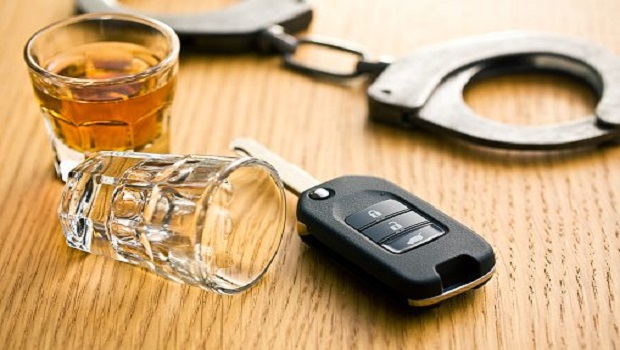Although in some states, such as California, a Wet Reckless offense is a less serious charge than a DUI for example, under Canadian criminal law, an arrest or conviction for a Wet Reckless can still prevent you from entering Canada.
What is a Wet Reckless?
The term “Wet Reckless” is used to describe a situation where a driver arrested for a DUI is offered the possibility to plead guilty to a lesser charge of reckless driving involving alcohol. In California, for example, a Wet Reckless is made possible by sections 23103 and 23103.5 of the California Vehicle Code. A Wet Reckless is also available in most states such as Texas, Ohio, Florida and Colorado, among others.
A Wet Reckless is advantageous because it does not appear as a DUI on your record in the U.S. and usually carries lighter penalties, such as:
- No suspension of your driver’s license;
- Maximum jail time of 90 days;
- Lower fines;
- Shorter number of DUI classes; and
- No automatic installation of an ignition interlock device.
As mentioned, a Wet Reckless is not something you can be arrested for. It is usually offered by the prosecution as part of a plea bargain, to first time offenders with a low blood alcohol concentration. However, if the case involves injuries, or if the offender has a prior DUI conviction, it is less likely that the prosecution will agree to reduce the DUI charge to a Wet Reckless.
A Wet Reckless is treated as a DUI under Canadian criminal law
Despite a Wet Reckless being a lesser charge than a DUI in the United States, it is still considered a serious offense under Canadian criminal law. This means that if you have a Wet Reckless arrest or conviction on record, it may prohibit your entry into Canada, the same way a DUI would.
When you attempt to enter Canada with a criminal record, the Canadian border officers will not consider the severity of your crime in the United States, but rather its equivalent under Canadian criminal law. They will look at three things: [1] whether the offense on your record is an offense under Canadian criminal laws, [2] The severity of the offense, and [3] When did your offense occur. If you have been arrested or convicted of an offense that is punishable under Canadian criminal laws, you can be prohibited from entering Canada.
Is Wet Reckless a “serious” offense in Canada?
Since December of 2018, driving offenses such as a DUI (Driving Under the Influence of Alcohol or Drugs), and reckless driving, are now classified by Canada as “serious criminality offenses”. As such, anyone arrested or convicted of a DUI, or of reckless driving, can be stopped at the Canadian border. Since a Wet Reckless is comparable to a DUI offense in Canada, as alcohol was involved, it will be considered as a serious offense by the border officers who will stop you from entering Canada. As such, although a Wet Reckless is a good alternative to a DUI in the United States, it does not help your admissibility into Canada in any way.
It is also important to note that contrary to the United States, Canadian immigration law does not distinguish between misdemeanor and felony offenses. This means that even a misdemeanor of reckless driving or a DUI can result in inadmissibility to Canada.
What if my DUI was pleaded down to a Dry Reckless charge?
A skilled criminal attorney might have been able to reduce your DUI to a Dry Reckless charge, which is basically a misdemeanor reckless driving charge with no mention on the record that alcohol or drugs were involved in the arrest. It could prove advantageous to your record in the U.S. because contrary to a Wet Reckless charge, a Dry Reckless will not be treated as a prior DUI conviction if you get arrested for a second DUI offense.
However, despite the absence of a mention that alcohol was involved, a Dry Reckless is still considered a “serious offense” in Canada, as Reckless Driving carries the same penalties as those of a DUI under Canadian criminal law. Therefore, a person with a Dry Reckless conviction may still be prohibited entry into Canada, just as if that person had a DUI on their record.
What can I do if I have a Wet Reckless on my record?
To ensure your entry into Canada despite your Wet Reckless or Dry Reckless arrest or conviction, you can apply for a Temporary Resident Permit (TRP), which would allow you to stay in Canada for a specific period of time, and could be valid for up to three (3) years at a time. The TRP is also renewable upon expiration and can be requested at any time, even if your arrest or conviction is very recent. Or, if you are eligible and wish to resolve your inadmissibility on a more permanent basis, you can also apply for Criminal Rehabilitation. Please note that although any one can apply for Criminal Rehabilitation, no matter the severity of their offenses, five years must have passed from the moment that you have successfully competed all of the conditions of your most recent imposed sentence.



